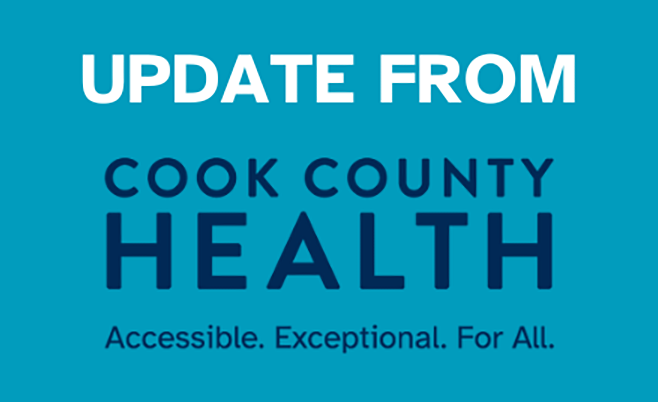Cook County Department of Public Health (CCDPH) officials would like to remind residents to be cautious and protect against West Nile Virus (WNV). Prevention is the most effective way to protect yourself and your family from becoming infected with WNV.
“Culex mosquitoes are the primary carrier of West Nile virus in our region,” said CCDPH chief operating officer, Terry Mason, MD, FACS. “During hot dry weather the mosquito, breeds in small pools of stagnant water. Unless basic prevention steps are taken to limit the risk, this water can easily accumulate around homes and put people at risk for the infection.”
The most effective way to prevent WNV is to follow the3 R’s – Reduce, Repel and Report.
- REDUCE exposure when mosquitoes are most active, especially between dusk and dawn.
- Fix or replace torn or missing screens on doors and windows.
- Get rid of standing water in pet bowls, flower pots, old tires, bird baths, baby pools and toys where mosquitoes can breed.
- Make sure rain gutters drain properly.
- REPEL mosquitoes when outdoors by applying insect repellent with DEET and follow label directions.
- REPORT dead birds to CCDPH.
West Nile virus (WNV) is an infection carried by mosquitoes. Mosquitoes may transmit the virus to humans after feeding on a bird infected with WNV. Most people infected with WNV have no symptoms of illness and never become ill. But illness can occur 3-15 days after an infected mosquito bite and cause symptoms of fever, headache and body aches. People over the age of 50 are at a higher risk for serious complications from encephalitis or meningitis. For that reason, people who experience high fever, confusion, muscle weakness, severe headaches, or a stiff neck should see a doctor immediately.

